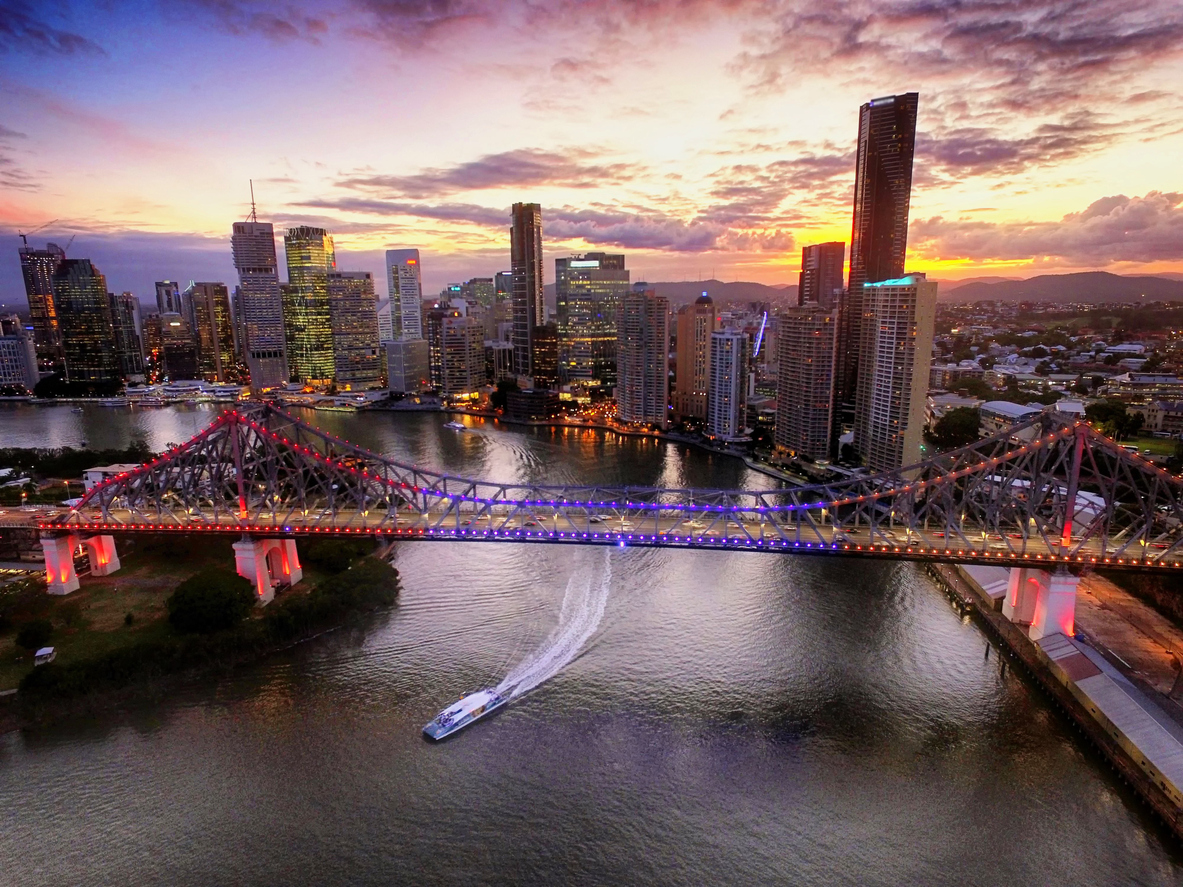Four Australian Cities Make Luxury Global Residential List
Melbourne and Sydney have lost ground among international prestige property markets, while Brisbane and Perth have strengthened their positions.
Sydney and Melbourne fell from 6th and 10th to 15th and 17th respectively on Knight Frank’s Prime Global Cities Index, which measures the top 5 per cent of a city’s housing market by value.
In Sydney growth rates dropped from 8.7 per cent to 5.7 percent while Melbourne saw a drop of 8.3 per cent to 5.4 per cent over the year to June.
Perth and Brisbane strengthened their global rankings yet again after joining their larger counterparts on the prestige index last month.
Perth's prime market rose 2.7 per cent, placing 23rd out of the 43 cities surveyed, while Brisbane's 3.4 per cent gain meant a 20th place result.
According to Knight Frank’s head of residential research Australia Michelle Ciesielski, Australia’s prime residential market continues to perform with strength on a global scale, with three of our capital cities in the top 20.
“Sydney, Melbourne, and Brisbane sit at 15th, 17th and 20th place on the Prime Global Cities Index, while Perth sits in 23rd place,” Ciesielski said.
“Despite a cooling mainstream market off the back of tighter lending practices, the prime market this quarter has continued to be resilient with buyers less impacted by these measures.”
Related: Brisbane, Perth Finally Make Global City List
Knight Frank Prime Global Cities Index Q2 2018
Ranked by annual % change
| Rank | City | 12-month % change |
|---|---|---|
| 1 | Guangzhou | 11.9% |
| 2 | Singapore | 11.5% |
| 3 | Madrid | 10.3% |
| 4 | San Francisco | 9.5% |
| 5 | Tokyo | 9.4% |
| 6 | Edinburgh | 9.4% |
| 7 | Berlin | 8.5% |
| 8 | Cape Town | 8.2% |
| 9 | Los Angeles | 7.8% |
| 10 | Beijing | 7.3% |
| 15 | Sydney | 5.7% |
| 17 | Melbourne | 5.4% |
| 20 | Brisbane | 3.4% |
| 23 | Perth | 2.7% |

Over the year to June, Knight Frank's index rose just 2.6 per cent, compared with 4.8 per cent in the year to March, the weakest rate since 2012.
The slowdown comes as a result of new, and the strengthening of existing, property market regulations, along with the rising cost of finance and a degree of political uncertainty at the luxury end of the world’s top residential markets.
“The decline in the overall index’s performance is not due to a rising number of cities registering an annual decline,” the report noted.
“Instead, the weaker growth is due to the top performing cities rising more slowly.”
In Hong Kong, a newly-introduced vacancy tax has stifled the property market and impacted the cities ranking, slipping to 13th place.
Under the new rules, developers will incur a penalty, 200 per cent of the annual rental value, if new apartments are left unsold and empty for six months or more.
In Singapore, high land bids by developers have translated into higher new-build values pushing the city up the annual rankings into second place.
The Chinese market continues to strengthen despite the recent decision by authorities to scale back a major housing subsidy programme.
Guangzhou leads the global rankings with Beijing and Shanghai in 10th and 22nd place respectively.














